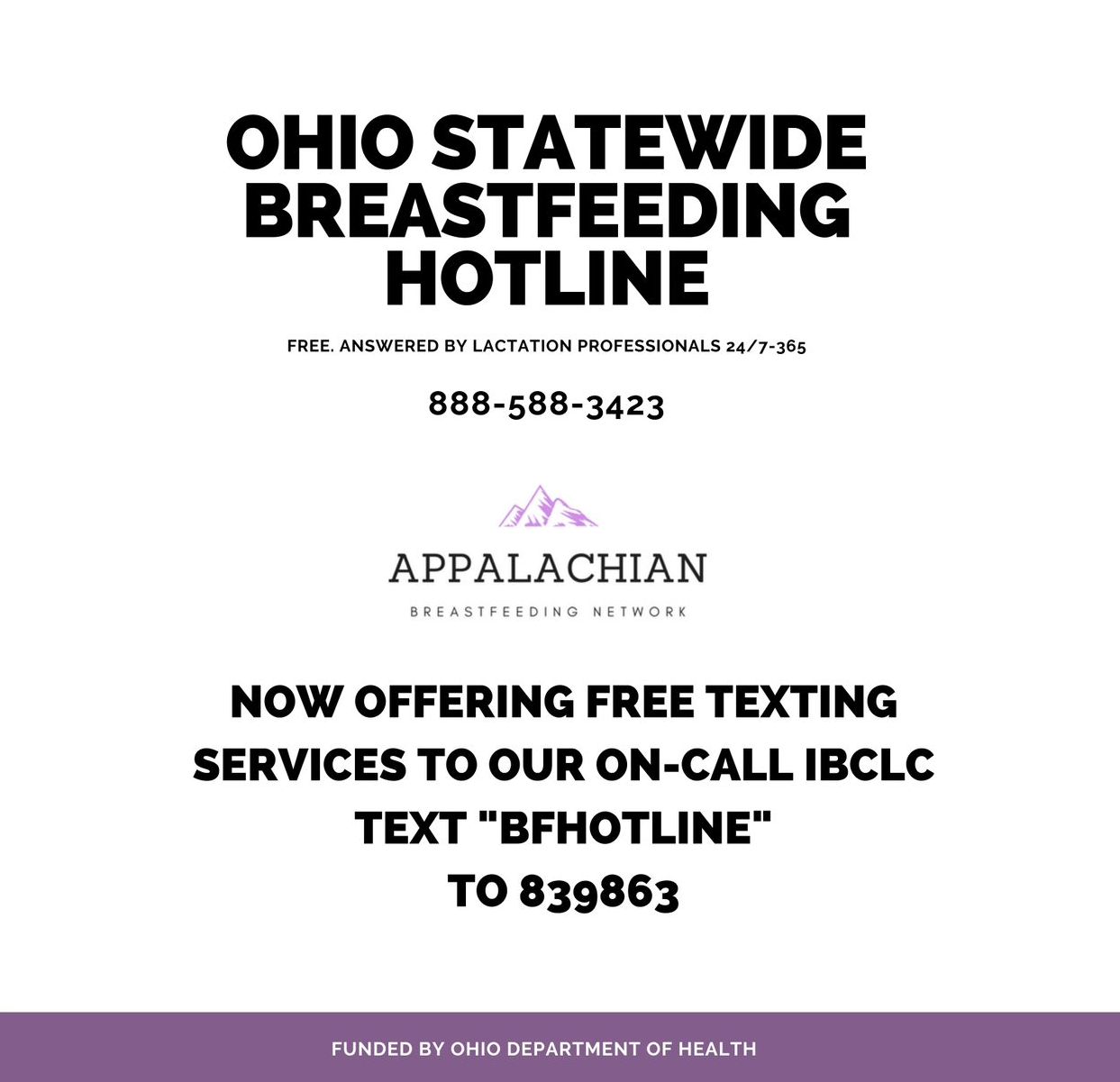Engorgement
When your baby is three to five days old, it is normal for your breasts to become more full and heavy. Engorgement is when the breasts are so full that they become hard and painful, and the baby may have trouble latching.
What is Engorgement?
Swelling of your breasts that occurs soon after giving birth. It happens as your body shifts from the first stage of lactation (which starts during pregnancy) to the second stage. The second stage is when your milk starts “coming in” shortly after delivery of your baby. Your body prepares to ramp up milk production. This leads to an increased volume of fluid in between your breast tissues, which can cause pain and other symptoms.
“I'm not breastfeeding so why am I experiencing this?”
OR
“I've been breastfeeding for a while. Why am I experiencing this now?”
These changes typically start about three to five days after giving birth. In some cases, engorgement doesn’t begin until postpartum day nine or 10.
Engorgement can also happen any time there’s a mismatch between the amount of milk being produced and removal of that milk.
Symptoms:
Swelling of both breasts, especially in the lower areas (farthest from your chest)
Pain in your breasts, sometimes severe.
Breasts that feel firm or hard.
Difficult for your baby to latch on for breastfeeding.
Less commonly, sweating, fever and chills.
Tips for Engorgement
Breastfeed first from the engorged breast.
Before feedings, encourage your milk flow. Put a warm, moist washcloth on your breasts or take a warm shower for 10-20 minutes.
Massage your breasts before and during feedings, moving from the chest wall to the nipple.
If your breast is hard, hand express or pump a little milk before nursing. That will soften your breast and make it easier for your baby to latch. Be sure to only express enough milk to soften your breasts or provide comfort. If you express too much milk, you may encourage milk production and keep getting engorged.
Between feedings, put cold compresses on your breasts to help reduce swelling and pain.
For questions or concerns you can contact the Peer Helper at the WIC office at 937-207-3710 or the Ohio Breastfeeding Hotline:
For most moms, engorgement usually goes away in a few days with the tips provided on this page. If symptoms don’t improve in a few days or worsen contact your Doctor. Engorgement is uncomfortable, and it can lead to other issues like plugged ducts or a breast infection.
Plugged ducts are a common concern in breastfeeding moms. A plugged milk duct feels like a tender, sore lump or knot in the breast.
Mastitis is a breast infection. It may feel sore like a plugged duct. It may happen when you're stressed or have changes in your usual routine.

